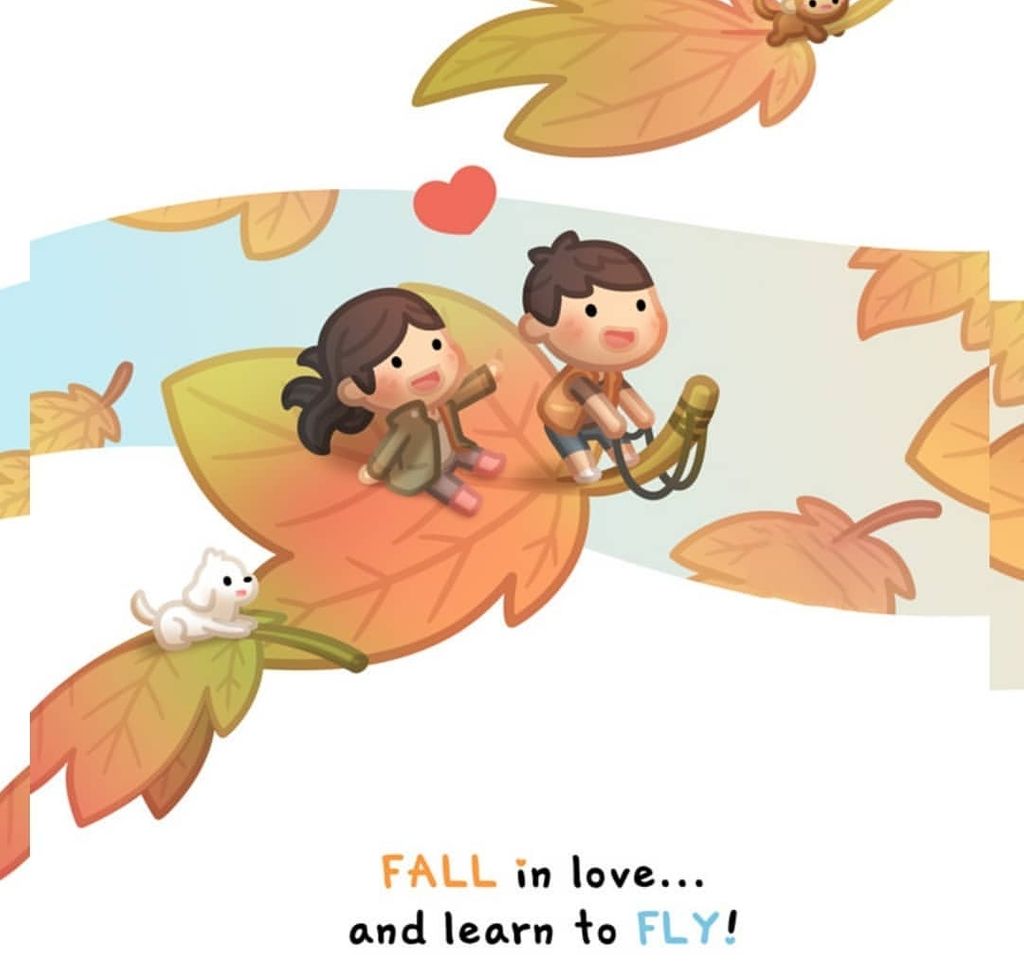Why Do A Few People Continue To Stay In An Abusive Relationship?
Jun 06, 2019 • 146 views
Almost all of us would have seen a friend, a relative or sometimes we ourselves stay in an abusive relationship. But why do people continue to stay in it in spite of themselves knowing that it isn't taking them anywhere? While talking about abusive relationships am I talking about the significant partner being dominant and hurting the other person physically? Well not necessary, the person not attending to the emotional needs of their partner is a kind of abuse as well. It's emotional neglect.Constantly blaming the other partner and not making an effort to solve the problem as a couple is abuse as well. It's like playing the blame-game in a relationship.
Well, holding on to the partner who dumped us and tormenting ourselves is abuse as well. But the abuser is we ourselves who are not willing to let go of the relationship.

This article is purely from my perspective and there might be better and different opinions as well.
Why do we do what we do? Why do we continue to stay and suffer in an abusive relationship?
Let me first talk about theory in psychology called Learned Helplessness.
Learned Helplessness is the tendency of failing to act or to escape from a situation because of a history of repeated failures in the past. It is when people feel helpless to avoid negative situations because previous experience has shown them that they do not have control. Learned Helplessness is a behaviour exhibited enduring repeated aversive or negative stimuli which are beyond their control.
Let us now look at an experiment conducted by Martin Seligman to illustrate this theory. With no offence to any dog lovers. Yes, this experiment breaks my heart too.
He took two groups of dogs.
In which in Group- 1 he conditioned the dogs to a tone (sound) followed by a harmless but painful electric shock. The dog could not escape from the shock as they were harnessed (tied).
In group- 2 another set of dogs was put in a -special box, divided into 2 compartments with a low fence and was unharnessed. The floor on one side of the fence was electrified, but not on the other side of the fence. Unharnessed dogs showed escape-avoidance as they can jump over the fence (to the non-electrified compartment) when the shock was given.
When Group-1 dogs were unharnessed and presented in the special box, they didn't know to jump from the electric shock and didn’t show escape and avoidance learning. Sometimes they would react to the tone (sound ) as electrified even without the electric shock.
The Group-1 dogs have developed Learned Helplessness.
A lot of people in an abusive relationship feel likeGroup-1 dogs.
We are so conditioned to baring the pain and by repeated failure to escape from it we develop learned helplessness of not knowing how to get out of the situation when we are given an opportunity.
Well, animals are lower order species with five senses and cannot think and form abstract concepts like us.
What about us? We are a higher order species. Aren't we?
What if once we decided to turn back and realize ‘Yes I can get over it if only I tried’
What if once we woke up and decided we deserve better?
What if we decided to make an effort of letting go?
What if we realized relationship is about supporting each other to be the best of themselves?

